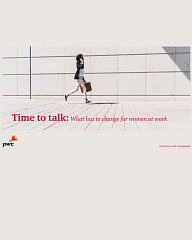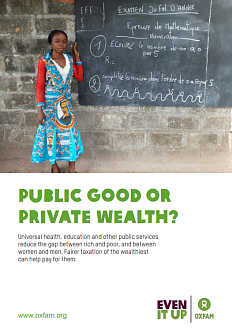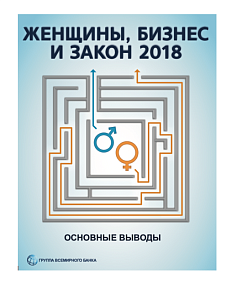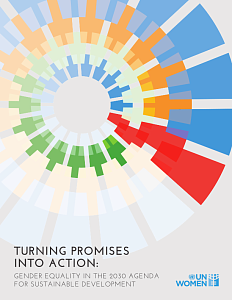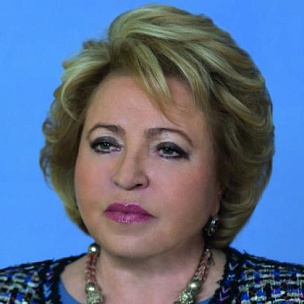This report by PricewaterhouseCoopers is based on the results of a survey of 3,627 professional women from around the world which was conducted in 2018. It gives a clear indication of three key essential elements that business leaders must focus on to advance gender equality and help womens career advancement as they lead their enterprises into the 21st century. The three elements are: transparency and trust; strategic support; balancing work, life, and family care.
The authors of the report believe that women are determined to succeed professionally while remaining true to their priorities. According to the results of the survey, nearly half of women think that diversity is a career barrier; they fear the effect a family may have on their careers. At the same time, the survey shows that many professional women are deeply frustrated with their conditions of employment, and skeptical of talk of change. These attitudes stem from long experience companies have been talking about gender balance for decades and from pessimistic predictions of how long it will take women to reach equality.
58% of women identify greater transparency as the critical step employers need to take to improve career development opportunities. Transparency here is defined as a way of conducting business in which employers offer their staff both men, and women a clear understanding of the expectations on both sides.
The authors also state that women wont succeed without formal and informal support networks. To support and reinforce a womans self-belief and self-advocacy there needs to be a blend of workplace and personal relationships and support. In the workplace, the critical issue is finding the right mix of push and pull to help women simultaneously realize their personal and professional ambitions. Providing this level of support might seem complex, but the authors are convinced that it can be done.
.png)
- 82% of women feel confident in their ability to fulfil career aspirations;
- 60% of women say their managers understand and support their career aspirations;
- 48% of new mothers returning to work feel overlooked for promotions and special projects.


